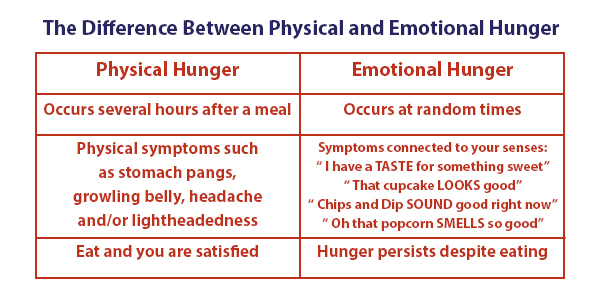The up and down roller coaster of emotional eating can sure be a wild ride. It can also be the ride that sabotages your weight-loss goals.
When people are asked about the time in their life that they started to gain weight or regain lost weight, they often will identify a stressful situation as a trigger. They describe stopping healthy behaviors and turning to comfort food as a way to alleviate the stress.
As a behaviorist, I know that when we experience stress, we often feel out of control. It is a relief to find something we CAN be in control of, and often that turns out to be that bowl of ice cream at the end of the night. However, as discussed in my previous blog post, eating that bowl of ice cream brings only short team relief and you are soon plagued with guilt and shame.
I want all of you to know you are worth more than your comfort food of choice to cope with whatever situation you find yourself in. Comfort food is just a temporary band-aide. Let’s jump in and take a look at healthier ways to exit the emotional eating roller coaster.
First, you must be able to tell the difference between emotional and physical hunger. Emotional hunger can be powerful. As a result, it’s easy to mistake it for physical hunger. There are clues you can look for that can help you tell physical and emotional hunger apart. I often share the following chart with my patients:

As you can see from the chart, when you’re emotionally hungry you will crave specific comfort foods. These foods are often high in fat, sugar and salt. You want snacks that provide an instant rush. You feel like you NEED chocolate or pizza, and nothing else will do. In contrast, when you are physically hungry, almost anything sounds good-including healthy foods.
Finally, a telling clue that you are emotionally hungry is if you can identify with the following situation:
“I walked into the kitchen because I thought I was hungry. I wanted something sweet; I ate that and then realized that didn’t do it for me. So then, I thought I must need something salty so I ate that but that didn’t do it for me. I soon found myself mixing sweet and salty and that still that didn’t do it for me.”
This situation is described all too often in my office. I use it as an opportunity to teach the difference between emotional and physical hunger. I share that nothing “was going to do it for them” because they were not physically hungry in the first place. As the above chart notes, when we are physically hungry eating will bring satisfaction. Emotional hunger persists despite eating.
Second, exiting the emotional eating roller coaster requires you to identify the triggers that started the wild ride. Ask yourself: What situations, places or feelings make you reach for comfort food? Remember, emotional eating can be linked to both unpleasant feelings and positive ones.
The experts note the following emotional eating triggers:
- Stress
- Wanting to avoid and/or stuff emotions
- Boredom
- Childhood habits
- Social influences
Take some time today to investigate your triggers. Do you find yourself eating to avoid feeling uncomfortable emotions? Did you parents reward positive behavior with food, and now that habit has continued into adulthood? Is nostalgia triggering your emotional eating pattern? Does eating that cookie remind you of your happy childhood memories of baking with grandma? Do you simply want to keep the good feeling going with food?
Answering these questions and indenting your triggers will help you come up with a healthier plan to exit the cycle. You often have no control over the trigger however; you always have control for how you will respond to the trigger.
You now have gained an understanding of what emotional eating is, how to tell the difference between emotional and physical hunger and have learned to identify your own emotional eating triggers. You are well on your way to developing a healthier relationship with food! Tomorrow, you will be given a myriad of healthy tools to exit the emotional eating roller coaster once and for all.
About the Author:
Lora Grabow, LMSW, is a speaker, teacher and counselor who partners with medical providers and educational professionals to empower bariatric patients to holistically change their lives. She has worked in bariatric medicine for the past 12 years providing patients the “headwork tools” they need to establish a healthy relationship with food. To learn more about Ms. Grabow, visit her Web site at www.LoraGrabow.com.






